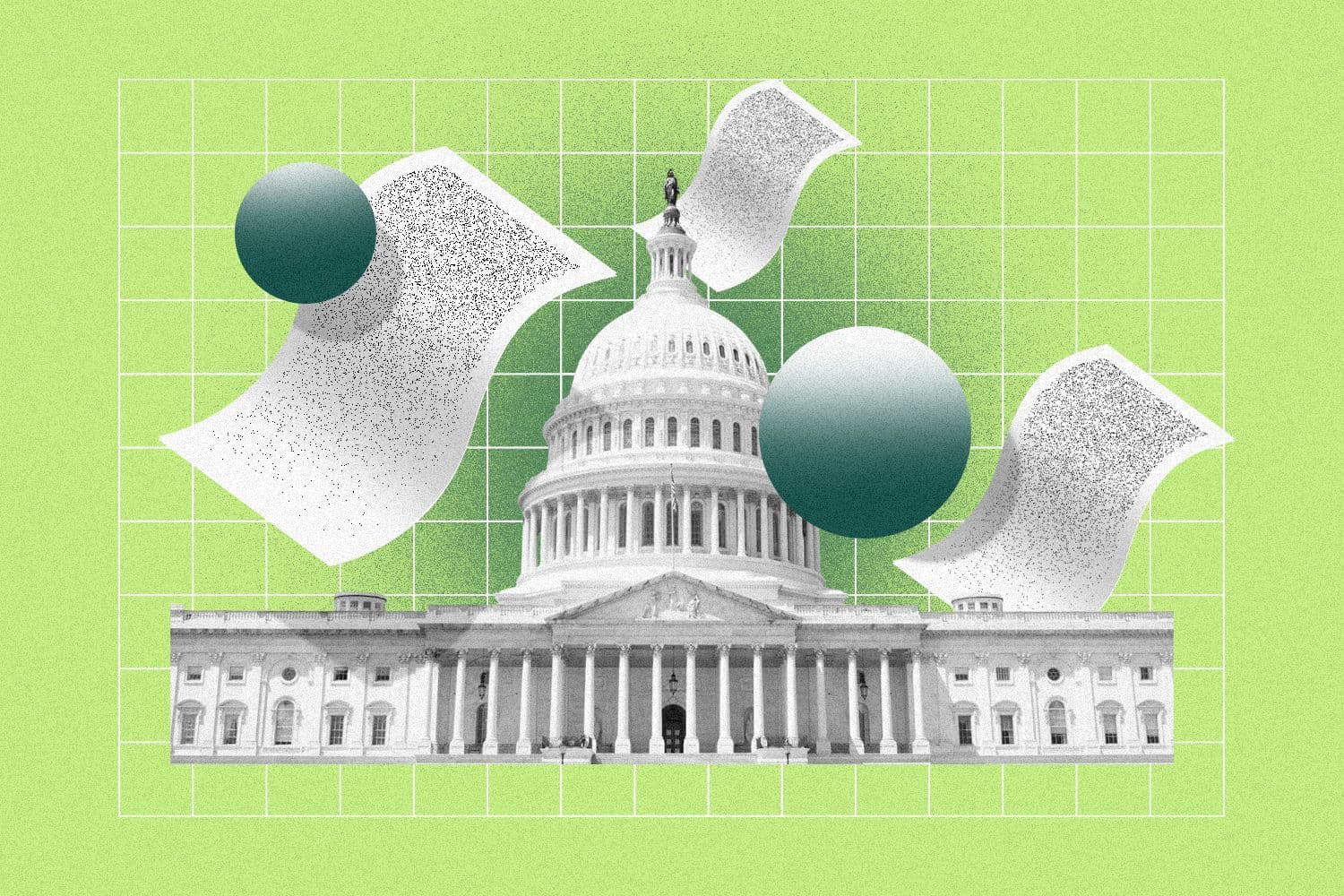Legislative lowdown: DOL issues heat hazard alert, EEOC releases AI guidance, and more
Employers have a “legal and moral responsibility” to protect workers from the heat, the Department of Labor states in a recent alert.

Francis Scialabba
• 3 min read
July was the hottest month on record, bringing the acute dangers many workers face in the heat into focus. On July 27, the Biden administration put employers on alert, reminding them of their responsibilities to protect workers in these conditions.
Here’s what HR pros should know about that alert, as well as about new reporting requirements and AI guidance for workers with visual disabilities.
DOL issues hazard alert. As temperatures soared in parts of the Southwest, Midwest, and Northeast, the Department of Labor (DOL) issued a hazard alert reminding employers of their responsibilities to protect workers in the heat.
The alert, which was issued at the request of President Biden, states that “employers have a legal and moral responsibility not to assign work in high heat conditions without protections in place for workers.” To comply with federal law, it recommends that employers:
- ensure workers have access to water, rest, and shade
- allow new or returning workers time to build up tolerance to the heat
- train employees on preventing and responding to heat illness
The administration also signaled that the DOL will step up inspections of companies in “high-risk industries like construction and agriculture” for heat safety violations. The Occupational Safety and Health Administration (OSHA) doesn’t yet have a heat-specific workplace standard, though it has been developing one.
EEOC issues guidance on AI for individuals with visual disabilities. The Equal Employment Opportunity Commission (EEOC) released updated guidance for employers who use algorithms or AI in their decision-making.
Should employees or applicants with visual disabilities request “reasonable accommodations” in connection with this software, employers must provide them, per the EEOC guidance.
Quick-to-read HR news & insights
From recruiting and retention to company culture and the latest in HR tech, HR Brew delivers up-to-date industry news and tips to help HR pros stay nimble in today’s fast-changing business environment.
If an organization uses an algorithm to assess an employee’s productivity by keystrokes per minute, for example, an employee who uses voice recognition software due to a visual impairment may be rated poorly, thus missing out on a promotion or opportunity, the EEOC said. The agency recommends employers inform employees and applicants about the technology they’re using, along with instructions for seeking a reasonable accommodation.
The EEOC previously issued guidance in May intended to help employers determine whether the AI they use is discriminatory.
OSHA expands electronic reporting. Employers with at least 100 employees in “certain high-hazard industries” will be required to file reports on work-related illnesses and injuries electronically each year, according to a final rule issued by OSHA on July 17. Industries affected by the new rule include hospitals, warehousing, and food manufacturing. Organizations will have to submit their company name along with the electronic report.
The rule, which will take effect on Jan. 1, 2024, is intended to help the public make “informed decisions” about a company’s workplace safety and health record, OSHA said.
Employers with 250 or more workers already have to submit injury and illness information electronically, and will continue to do so under this rule.
The agency will share some of the data they collect on a public website, leaving off individuals’ names and contact information. Making the data available online, OSHA said, “will allow members of the public to determine which workplaces in a particular industry are the safest, and identify emerging injury and illness trends in particular industries.”
About the author
Courtney Vinopal
Courtney Vinopal is a senior reporter for HR Brew covering total rewards and compliance.
Quick-to-read HR news & insights
From recruiting and retention to company culture and the latest in HR tech, HR Brew delivers up-to-date industry news and tips to help HR pros stay nimble in today’s fast-changing business environment.